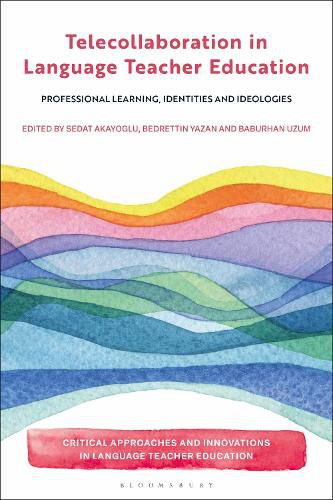Readings Newsletter
Become a Readings Member to make your shopping experience even easier.
Sign in or sign up for free!
You’re not far away from qualifying for FREE standard shipping within Australia
You’ve qualified for FREE standard shipping within Australia
The cart is loading…






This exploration of telecollaboration (or virtual exchange) studies in language teacher education considers its potential role in preparing teachers to work in linguistically and culturally diverse settings.
More and more language teacher educators are using telecollaboration as an essential component in their courses in order to connect teacher candidates from different geographical locations and ethnolinguistic backgrounds. Part I looks at the foundation of telecollaboration in language teacher education. Part II includes empirical evidence and global case examples related to telecollaboration to illustrate the benefits and challenges of incorporating telecollaboration to support interaction between the non-native speakers. Finally, Part III provides insights into employing telecollaboration for intercultural professional development. This book explores teacher candidates', teachers', and teacher educators' professional learning, identities, and ideologies during their participation in transnational telecollaborative projects.
$9.00 standard shipping within Australia
FREE standard shipping within Australia for orders over $100.00
Express & International shipping calculated at checkout
This exploration of telecollaboration (or virtual exchange) studies in language teacher education considers its potential role in preparing teachers to work in linguistically and culturally diverse settings.
More and more language teacher educators are using telecollaboration as an essential component in their courses in order to connect teacher candidates from different geographical locations and ethnolinguistic backgrounds. Part I looks at the foundation of telecollaboration in language teacher education. Part II includes empirical evidence and global case examples related to telecollaboration to illustrate the benefits and challenges of incorporating telecollaboration to support interaction between the non-native speakers. Finally, Part III provides insights into employing telecollaboration for intercultural professional development. This book explores teacher candidates', teachers', and teacher educators' professional learning, identities, and ideologies during their participation in transnational telecollaborative projects.